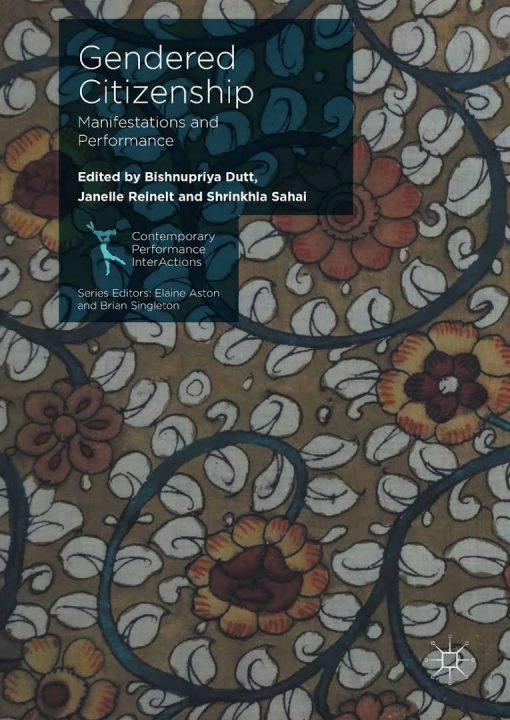When we began to formulate this introduction in early 2016, a serious and fundamental challenge to the very meaning of citizenship appeared overnight in India, manifested, moreover, on the campus of our project co-partner, Jawaharlal Nehru University (JNU). Following the 2014 election of the right-wing BJP3 and its leader Narendra Modi to the office of Prime Minister, some JNU staff had for some time feared government interference in the university’s internal affairs. A new Vice Chancellor was appointed in February 2016. It was feared that it would provide an opportunity for the government to carry out such a programme. Furthermore, a strong tradition of Left and feminist politics and political independence has been associated with the campus for many years. On 9 February 2016, allegedly activist members of Akhil Bharatiya Vidyarthi Parishad (ABVP), a campus student group affiliated with the BJP and other Hindu right-wing organisations, called for the police to enter the campus to suppress a cultural event on Kashmir held on the anniversary of the execution in 2013 of Afzal Guru, a Kashmiri separatist implicated in the 2001 attack on the Indian Parliament. (His execution was viewed by many people as unjust because of inadequate legal representation and the secrecy surrounding the event.) In calling the student protesters, especially the student union President Kanhaiya Kumar, ‘anti-nationalist’ and bringing charges of sedition against them, the ABVP polarised the nation regarding the meaning of citizenship, drawing a line between loyalty to the state, and the ability to criticise it and appeal for redress of grievances. A freedom of speech issue, this was also about the right to dissent as a patriotic act: protesting against a nation’s wrong-doing in order to make it better, thus distinguishing between nationality and citizenship.
The events at JNU also resonated with similar demonstrationsand disturbances at Hyderabad University in the wake of the January 2016 suicide of Rohith Vemula, who had been suspended and removed from his hostel, with his fellowship stalled, after being allegedly accused by ABVP members at the Hyderabad campus of ‘anti-national’ actions when he demonstrated against the death penalty for Yakub Memon, convicted in the 1993 Mumbai bombings. Many read it as a backlash against the student protests of the previous six months about the cancellation of the non-NET 4 fellowship at all the central universities in line with World Trade Organization directives reducing education to no more than a service. Furthermore, the nation was still reeling from the gang rape and murder of Jyoti Singh in 2012, with public outrage over this extreme performance of violence against women felt by many to be endemic to the country.
Faced with a major political crisis centred on JNU as well as countless other challenges of these times, we have endeavoured to make our work on gendered citizenship an intervention into these events by articulating as clearly as possible what it means to be a ‘citizen’, with its rights and obligations, in the global transnational context in which we all live now. In some cases, we have directly addressed these issues (for example, in Nivedita Menon’s chapter on ‘India’s Daughter’ , a controversial docu-mentary about the Singh rape). In other cases, we have created a cluster of essays across national or regional platforms, such as essays on citizen-ship rights for invisible subjects, including domestic workers, sex-trafficked women and circus performers. We have suggested that official national interests sometimes attempt to neutralise and/or contain dissidence through social programmes purporting to help (e.g., ex-combatants in civil war re-integrate into civil society: see Maria Estrada-Fuentes’ chap-ter on Colombia), and we have linked labour, gender, and performance as recurring conundrums for sovereignty and citizenship.
Throughout the volume, we have insisted that public performances of gendered citizenship are central to the political efficacy of both the practice of citizenship and its suppression. Many perceive it is no accident that JNU is being made an example to the nation of the Modi government’s lack of tolerance for free speech and citizens’ rights to assemble and protest. Nor is it accidental that rape, acid attacks, and other forms of violence against women are based on spectacles of humiliation and subjugation as well as physical force. The regulation of the public sphere through what is permitted to be seen and what is occluded has often disadvantaged women and other disenfranchised citizens (such as the LGBT community) either through exemplary punishments or by making them invisible and inaudible. Performance is permeated by power, and power is performative.





